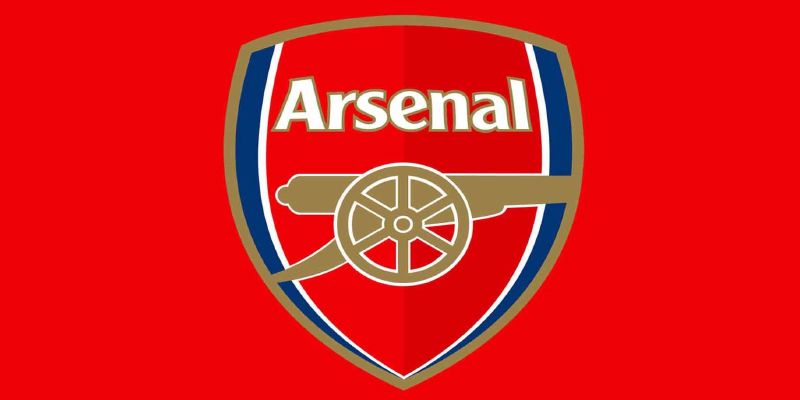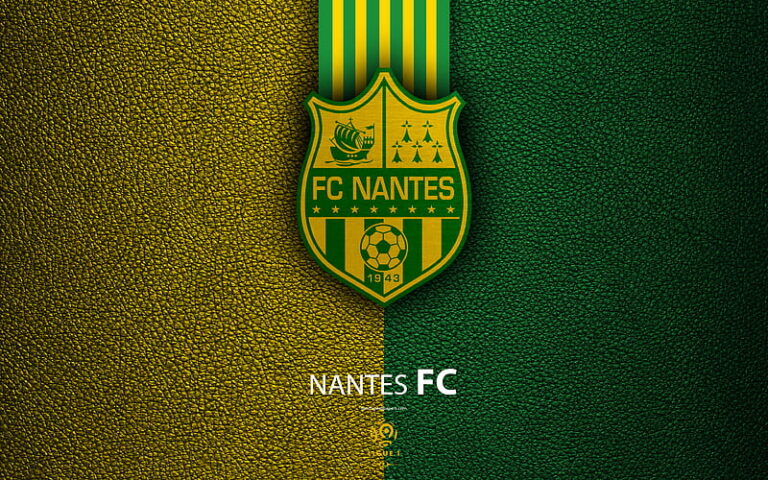
Arsenal FC: A Legacy of Glory and Unstoppable Passion
Arsenal FC isn’t just a club; it’s a legend that has shaped the footballing world. Established in 1886, the Gunners have created an unforgettable legacy filled with iconic moments, breathtaking matches, and a roster of footballing greats. Known for their unyielding drive and world-class talent, Arsenal’s journey through the years continues to fuel the dreams of football fans and young athletes worldwide. From their historic achievements to their thrilling playstyle, Arsenal FC remains a symbol of passion, perseverance, and excellence in the sport.
The Historic Journey of Arsenal FC
The journey of Arsenal FC is deeply embedded in the fabric of English football. From its inception to becoming one of the most successful clubs, the path is filled with memorable milestones and significant changes that reflect the evolution of the game itself.
The Birth of a Footballing Giant
The origins of Arsenal FC can be traced back to 1886 when a group of workers at the Royal Arsenal armaments factory in Woolwich formed the club. Initially named Dial Square, the team quickly evolved into the Arsenal we know today after a name change in 1913. The early years were marked by struggles, but the formation of the club was grounded in unity and teamwork—values that remain central to the club’s identity.
As the club built its reputation, it moved from its original location in Woolwich to Highbury in 1913, signaling a new era. The move not only provided a larger home for supporters but also cemented Arsenal’s status as a major player in the Football League.
The Golden Age of Arsenal: 1930s Dominance
The 1930s was a defining decade for Arsenal FC, as the club dominated English football by securing five league titles and two FA Cups. Under the management of Herbert Chapman, the team adopted innovative tactics and training methods that shaped the modern game. Chapman’s vision transformed the club into a formidable force, leading to the development of the famous “WM” formation that allowed players to showcase their versatility.
This period saw the emergence of iconic players such as Cliff Bastin, Ted Drake, and Alex James, who mesmerized fans with their flair and technical abilities. Each match became a spectacle, drawing thousands of supporters to Highbury. The connection between the club and its fanbase grew stronger, establishing a sense of community and pride that persists today.
Post-War Resurgence and the Emergence of Legends
After World War II, Arsenal FC entered a new phase characterized by resilience and renewed vigor. The club’s comeback was highlighted by the arrival of notable figures like manager George Swindin and later, the legendary Bertie Mee. Under Mee’s leadership, Arsenal won the double in 1971—a remarkable achievement that further solidified the club’s legacy.
During this time, the Gunners introduced a generation of world-class players including Frank Stapleton, Liam Brady, and Tony Adams. These players brought charisma, skill, and leadership both on and off the pitch, creating a winning culture that would endure through the decades.
The Arsène Wenger Revolution
In 1996, a turning point in Arsenal’s history came with the appointment of Arsène Wenger as manager. His unconventional methods and emphasis on fitness, diet, and tactical awareness revolutionized English football. Wenger’s impact was profound, leading Arsenal to unprecedented success, including the famous “Invincibles” season in 2004, where they finished the league unbeaten.
Wenger’s philosophy of nurturing young talent while blending it with established stars created a team that played beautiful football. This period showcased players like Thierry Henry, Patrick Vieira, and Dennis Bergkamp, who not only contributed to the club’s successes but also helped shape the identity of Arsenal FC.
Arsenal FC’s Rivalries and Iconic Matches
Arsenal FC‘s journey is punctuated by intense rivalries and iconic matches that have left an indelible mark on football history. These encounters have fueled passions, spurred fierce loyalty, and created unforgettable moments that resonate with fans across generations.
North London Derby: A Clash of Titans
One of the most celebrated rivalries in English football is the North London Derby between Arsenal and Tottenham Hotspur. This clash transcends mere competition; it embodies local pride and historical significance.
The rivalry dates back to the early 20th century when Arsenal moved to Islington, and tensions began to brew. Matches between these two clubs are fiercely contested, often featuring high stakes and electric atmospheres. The drama of a derby is palpable, with each goal celebrated fervently and each miss met with gasps of disbelief.
Iconic moments from past derbies include the unforgettable 5-2 victory for Arsenal at the Emirates Stadium, where the Gunners displayed resilience and attacking prowess, erasing a two-goal deficit. Such encounters define what it means to support Arsenal FC, instilling a sense of camaraderie among fans and a shared history that binds them together.
Memorable Cup Finals and Triumphs
Throughout its illustrious history, Arsenal has participated in numerous cup finals, creating moments of joy and heartbreak for supporters. One such memorable occasion was the FA Cup final against Manchester United in 2005, which ended in a dramatic penalty shootout victory for the Gunners.
The artistry of goalkeeper Jens Lehmann during the shootout was a testament to the team’s resolve and determination. Not only did this victory secure another trophy for the club, but it also underscored Arsenal’s tenacity in high-pressure situations. Additionally, reaching the Champions League final in 2006 remains etched in the memories of fans, even though the Gunners fell short against Barcelona.
Such finals illustrate the pursuit of glory that defines Arsenal FC. The highs and lows of these matches reflect the undying passion of the club and its supporters, reminding us that football is as much about the journey as it is about the destination.
European Adventures: Chasing Glory Beyond Borders
Arsenal FC‘s ambition extends beyond domestic competitions. Over the decades, the club has consistently aimed to make its mark in European competitions. The UEFA Champions League, in particular, has witnessed Arsenal battling some of the continent’s best teams.
Memorable nights at the Emirates Stadium, such as the thrilling encounter against AC Milan in 2012, showcased the Gunners’ ability to compete on the grand stage. Despite being down 4-0 from the first leg, Arsenal produced a stunning comeback, winning the return fixture 3-0, only to fall short on aggregate.
These matches epitomize the spirit of Arsenal FC—undaunted by challenges and determined to leave a legacy that resonates beyond borders. The relentless pursuit of success in Europe demonstrates the club’s aspiration to join the ranks of the elite and engrave its name in the annals of football history.



